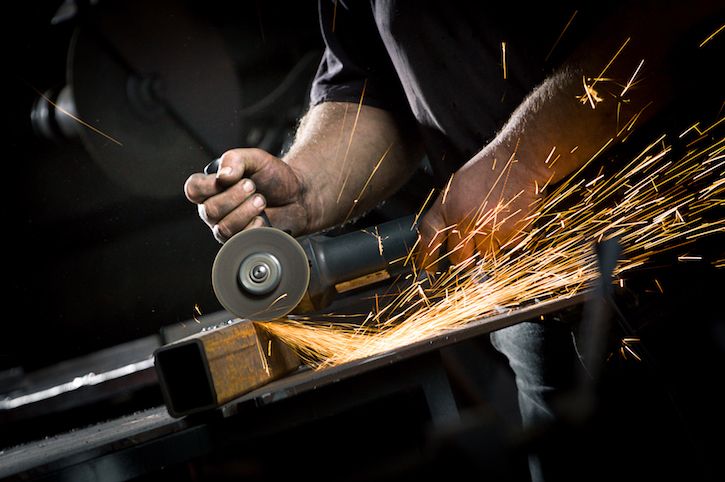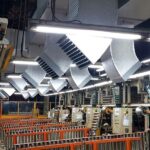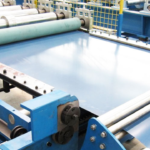The choice of materials is a crucial decision that can significantly impact the outcome of a project. Whether you’re crafting intricate architectural pieces, industrial machinery, or artistic sculptures, selecting the appropriate metal is fundamental to achieving desired aesthetics, functionality, and durability.
From stainless steel to aluminum, each metal possesses unique properties that make it suitable for specific applications. We’ll delve into the importance of material selection in custom metal fabrication and explore some of the most commonly used metals in the industry.
Understanding the Significance of Material Selection
Custom Metal Fabrication is a meticulous process that involves transforming raw materials into finished products tailored to meet specific requirements. The selection of metals plays a pivotal role in determining the performance, appearance, and longevity of the fabricated items. Factors such as strength, corrosion resistance, weld ability, and cost must be carefully considered to ensure optimal results.
Stainless Steel: A Versatile Choice
Stainless steel stands out as one of the most versatile materials in custom metal fabrication. Renowned for its exceptional corrosion resistance and aesthetic appeal, stainless steel is favored in various industries, including architecture, automotive, and food processing. Its inherent strength, coupled with the ability to withstand harsh environments, makes it an ideal choice for outdoor installations and structural components.
Aluminum: Lightweight and Durable
Aluminum has gained popularity in custom metal fabrication due to its remarkable combination of lightweight and durability. As one of the lightest commercially available metals, aluminum offers ease of handling without compromising strength. This makes it an excellent choice for applications where weight reduction is paramount, such as aerospace components, automotive parts, and consumer electronics.
Furthermore, aluminum exhibits superb corrosion resistance, particularly when subjected to anodizing or other surface treatments. Its natural oxide layer provides a protective barrier against environmental elements, ensuring long-term performance in various conditions. From precision machined components to decorative panels, aluminum’s versatility makes it a go-to option for a wide range of fabrication projects.
Carbon Steel: Strength and Affordability
Carbon steel remains a staple in custom metal fabrication, valued for its exceptional strength, affordability, and machinability. Characterized by a high carbon content, carbon steel offers superior hardness and wear resistance, making it suitable for heavy-duty applications such as structural frameworks, industrial machinery, and equipment components.
Additionally, carbon steel can be easily welded, allowing for efficient metal fabrication processes and seamless assembly of complex structures. While susceptible to corrosion, proper surface treatments such as painting or galvanizing can enhance its resistance to rust and prolong its service life.
Brass and Copper: Elegance and Timelessness
Brass and copper are revered for their inherent elegance, warmth, and timelessness in custom metal fabrication. These non-ferrous metals possess distinctive colors and finishes that add a touch of sophistication to architectural elements, decorative fixtures, and artistic creations.
Brass, an alloy of copper and zinc, exhibits excellent machinability and corrosion resistance, making it well-suited for ornamental pieces, musical instruments, and plumbing fittings. Its golden hue and malleability allow craftsmen to achieve intricate details and intricate designs with precision.
Copper, on the other hand, boasts exceptional conductivity and antimicrobial properties, making it ideal for electrical components, roofing materials, and culinary utensils. Over time, copper develops a natural patina that enhances its aesthetic appeal and reflects its journey through years of use and appreciation.
Conclusion
Custom metal fabrication and the choice of materials are paramount to the success of a project. Whether it is stainless steel for its corrosion resistance, aluminum for its lightweight properties, carbon steel for its strength, or brass and copper for its elegance, each metal brings its unique characteristics to the table.
By understanding the properties and applications of different metals, fabricators can make informed decisions to deliver high-quality, customized solutions that exceed client expectations. Material matters indeed, and selecting the right metal is the first step towards bringing imaginative concepts to life through the art of fabrication.








